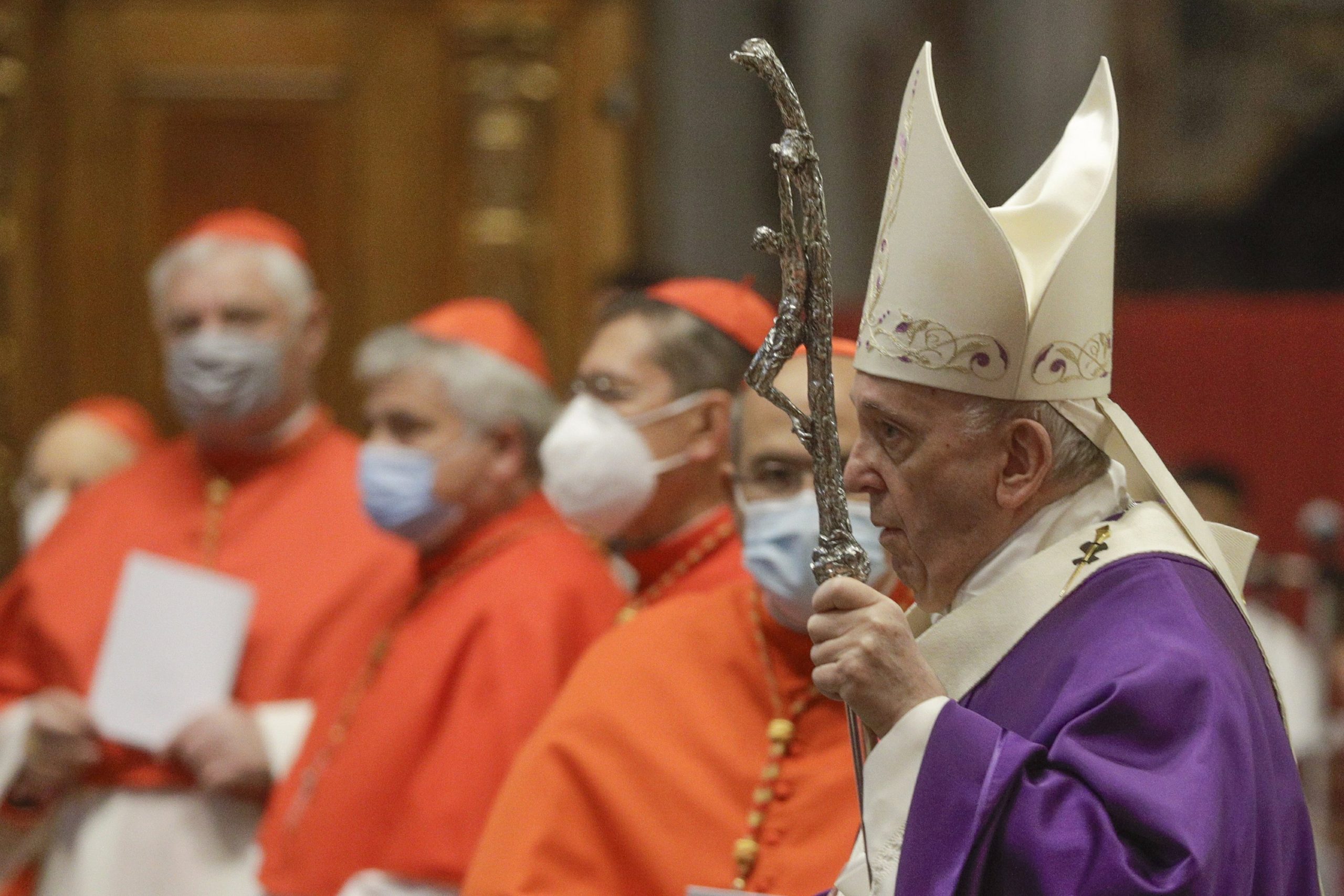Rome (AFP) – Pope Francis changed church law Monday to explicitly allow women to do more things during Mass, granting them access to the most sacred place on the altar, while still emphasizing that they cannot be priests.
Francis amended the law to formalize and institutionalize what is common in many parts of the world: Women could be installed as lectures for reading the Bible and working on the altar as Eucharistic servants. Previously, these roles were formally reserved for men although there are exceptions.
Francis said the change was underway to increase recognition of the “precious contribution” women make to the church, while stressing that all baptized Catholics have a role in the church’s mission.
But he also noted that doing so also distinguishes between “priestly” services such as the priesthood and deaconess, and the ministries open to qualified laity. The Vatican maintains the priesthood for men.
The change comes as Francis remains under pressure to allow women to become deacons – priests who perform many of the same functions as priests, such as presiding over weddings, baptisms and funerals. Currently, the service is for men although historians say the service was performed by women in the early church.
Francis set up a second committee of experts to study whether women could be deacons, having dealt with the first committee on the history of women deacons in the early church.
Advocates of expanding the deaconess to include women say doing so would give women a greater role in serving and governing the church, while also helping to address the shortage of priests in several parts of the world.
Opponents say allowing this would become a slippery slope toward women’s ordination to the priesthood.
Felice Zagano, who was a member of the Pope’s First Study Committee, described the changes as significant given that they represented the first time that the Vatican had explicitly and through canon law permitted women access to the altar. She said it was a necessary first step before any formal consideration of a female deaconess.
“This is the first legislation to allow women to enter the campus,” Zagano said. “This is a very big deal.”
She noted that the bishops had long called for such a step, and said it opened the door for further progress. “You can only be ordained as a deacon if you are a lecturer or assistant,” said Zagano, assistant professor of religion at Hofstra University.
But Lucita Scaravia, the former editor of the Vatican women’s magazine, called the new changes a “double trap.” She said they were content with formalizing the current practice, including the Papal Mass, with the clarification that a deaconess is a “ordained” service for men.
“This closes the door on my women’s sun,” she said in a telephone interview, describing the change as a “step backward” for women.
___
This version corrects the statement that women can read the Bible, not the Bible.

“Guru professionista del caffè. Giocatore tipico. Difensore degli alcolici. Fanatico del bacon. Organizzatore.”







